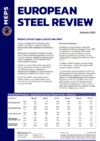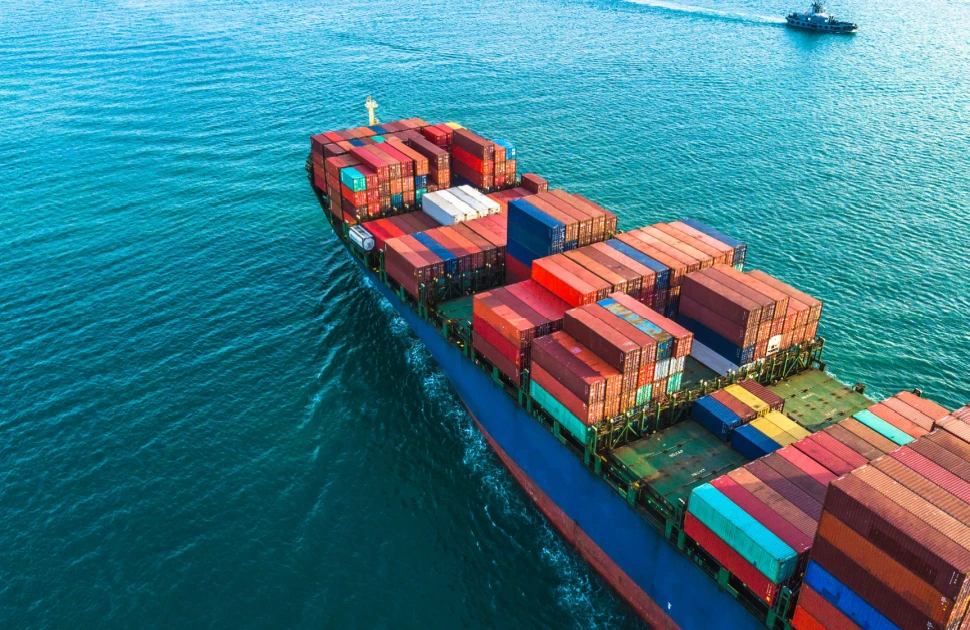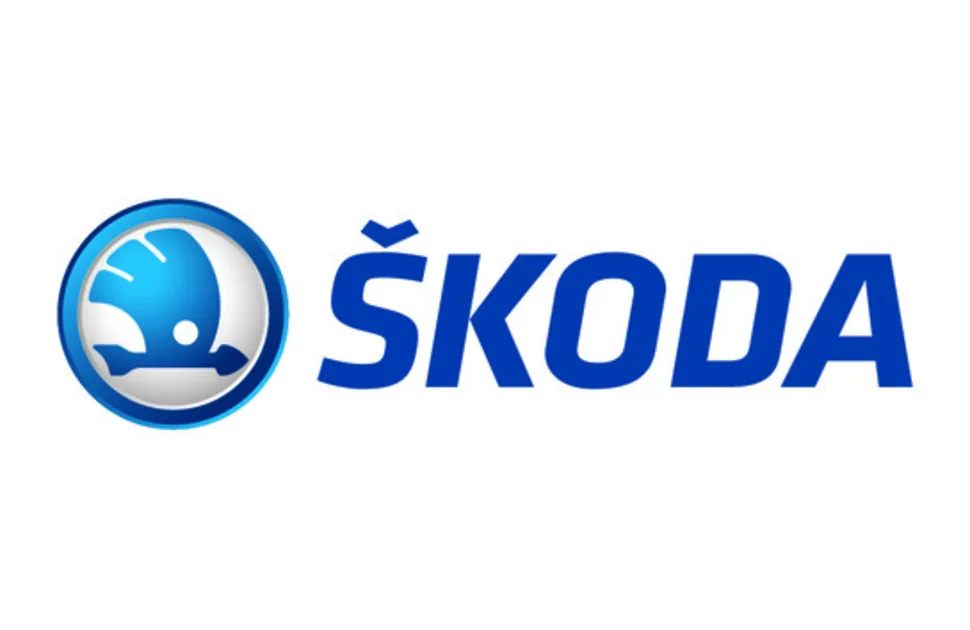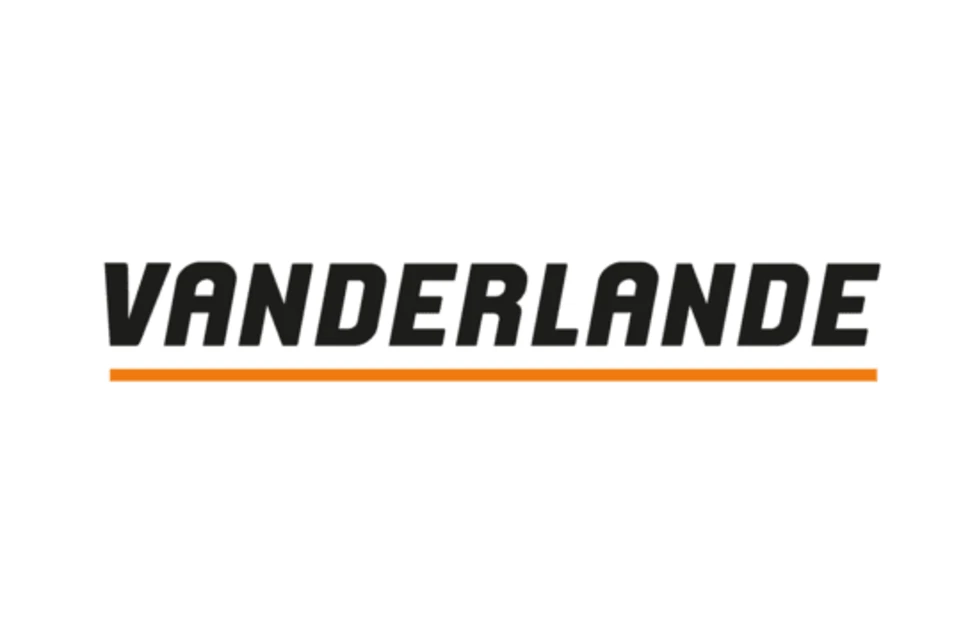UK Government to launch CBAM import regulations in 2027
The UK government plans to launch its own Carbon Border Adjustment Mechanism (CBAM) import regulations by 2027.
Its plan to impose carbon emission based tariffs on steel and other imported products mirrors the CBAM roll-out currently being rolled-out by the European Commission in an effort to drive decarbonisation.
The UK government said that its CBAM would “ensure highly traded, carbon-intensive products from overseas in the iron, steel, aluminium, fertiliser, hydrogen, ceramics, glass and cement sectors face a comparable carbon price to those produced here”.
However, MEPS International steel market analyst Jonathon Carruthers-Green noted that it was otherwise “light on detail”.
“Further guidance required”
A list of products covered by the UK CBAM will be established following a consultation period in 2024.
Carruthers-Green said: “With this announcement, UK government has shown it is committed to supporting the drive to decarbonise the steel industry.
“However, today's announcement is very light on detail. Importers will need further guidance as soon as it is available if we are to avoid the panic seen with the recent introduction of the EU CBAM scheme.”
Back in June, UK Steel expressed concern that almost 23 million tonnes of non-EU steel could flood into the UK if the nation’s government failed to introduce its own robust CBAM regulations at the same time as the EU. The introduction of emissions reporting under the EU CBAM began on October 1.
The UK Government said that high-carbon goods imported into the UK from countries with a lower or no carbon price will have to pay a levy by 2027 under its CBAM scheme. This would ensure that products from overseas face a comparable carbon price to those produced in the UK, it said.
The statement added that UK CBAM would also reduce the risk of carbon leakage, a process which would see high-emitting companies move their carbon-intensive production overseas.
Carruthers-Green recently hosted a webinar answering frequently asked questions (FAQs) about the EU CBAM. The presentation, delivered through a partnership between MEPS and the British Stainless Steel Association (BSSA), is available to view on demand.
Respondents to MEPS International's European Steel Review research state that the EU CBAM is already reducing the appeal of steel imports. The European Commission has not yet introduced fines for breaches of its CBAM rules, but emissions reporting is already adding an administrative burden.
ETS changes
The European Commission’s CBAM regulations function in parallel with its EU Emissions Trading System (EU ETS). This allows company's to buy credits which give permission to generate CO2 emissions.
The ETS scheme, and the associated free credits recieved by EU steel producers, is being replaced by CBAM's "carbon price" tariff model.
According to the Commission, free EU ETS allowances for domestic industries had served to “dampen the incentive to invest in greener production at home and abroad”.
Despite a lack of detail about the UK CBAM's implementation, the country's ETS Authority has confirmed that the current levels of free allocation for industrial sectors will remain in place until 2026. A consultation will determine how to "better target free allocations of its carbon allowances for industries most at risk of carbon leakage", it said.
The ETS Authority added that it would also set out plans to ensure the UK's ETS market continues to offer "an effective financial incentive" that drives industry to decarbonise, following a call for evidence last year.

Source:
European Steel Review
The MEPS European Steel Review is an informative, concise and easy-to-use monthly publication, offering unique professional insight into European carbon steel prices.
Go to productRequest a free publication





